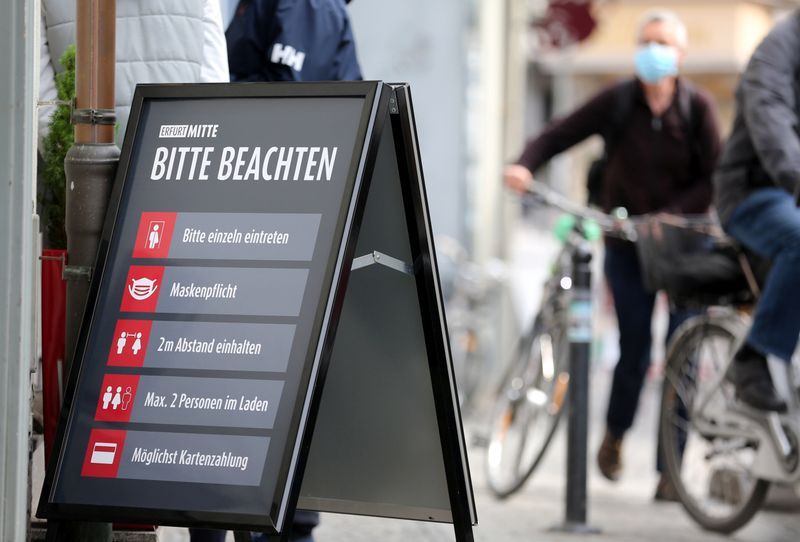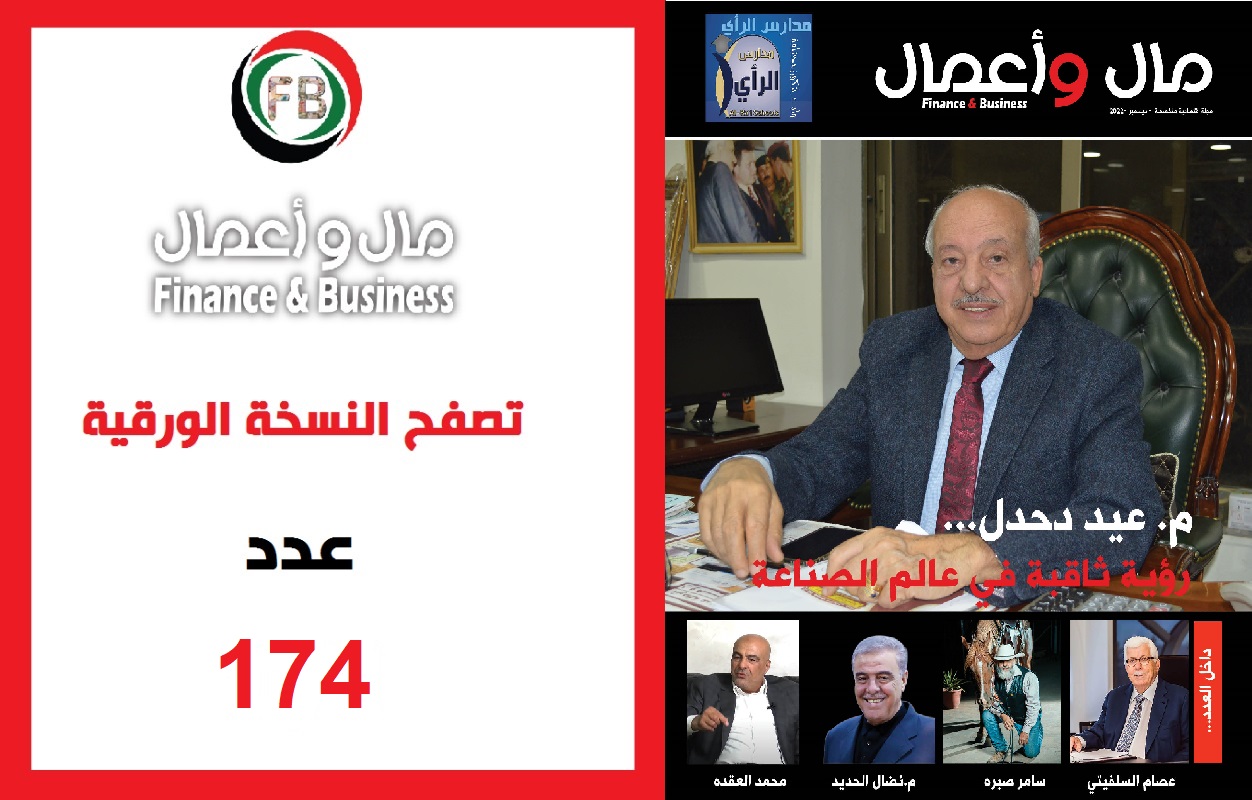
A few days ago this publication examined some of the trends shaping the wealth management markets of the Gulf Co-operation Council Region. An established player in the market, founded in 2004, the Dubai International Financial Centre, is now one of the most recognised IFCs of its kind. Some of the comments, made by Salmaan Jaffery, chief business development officer, at DIFC, appeared in the feature article, but a full transcript of the interview with WealthBriefing appears here.
In total, how many financial institutions are registered at the DIFC today and what has the growth rate been like since the 2008 financial market turmoil?
The total number of active registered companies in DIFC reached 2,003 at the end of June, an increase of more than 268 per cent from the 747 companies reported in 2008 – growing at a compound annual growth rate of 10.4 per cent. The remarkable growth story of DIFC is a reaffirmation of the industry’s continued confidence in the sophisticated business and legislative environment that the centre offers, and to the growing importance of Dubai on the global stage as a leading investment and financial hub.
The sustained growth that DIFC has seen in the number of companies undertaking business from its platform means that 614 companies are regulated by the Dubai Financial Services Authority (DFSA), of which 493 are financial services firms. The centre’s ecosystem today comprises most of the world’s top banks, advisory firms and a growing number of corporations which together employ more than 22,768 people. Combined, they make up the largest financial community in the Middle East, Africa and South Asia (MEASA) region.
The authority in 2015 set out its 2024 strategy to triple its size – how much progress is DIFC making towards achieving that goal?
DIFC is well on its way to achieving its growth strategy, which will see the centre triple in size. Our plan to achieve this is four-pronged: facilitate trade and investment across the South-South corridor, deepen core synergies with existing clients, build relevance in key global sectors and continuously enhance the centre’s regulatory and physical infrastructure.
At DIFC, we continue to expand and enhance our legislative, financial and investment ecosystem to sustain the growth and prosperity of the national economy, as well as encourage local and international entities to operate from the centre. Today, our dynamic ecosystem comprises of fintech start-ups, SMEs and global companies, all complementing each other and working in tandem as one, inclusive financial community.
The centre is also constantly upgrading its infrastructure to cater for its growing importance as a world-class business and lifestyle destination. The much-anticipated Gate Avenue, DIFC’s retail, fashion and lifestyle avenue, is now in the final phase of construction, with completion expected later this year. In addition, construction of the DIFC Grand Mosque commenced this year, will provide a place of worship for 500 workers and residents at DIFC and the surrounding community with 24/7 accessibility, while The Exchange building, which was completed in March, comprises bespoke office space, a new conference centre and a landscaped piazza.
Contributing to the development of Dubai as a global investment hub, DIFC also announced three new strategic initiatives in April 2018 which aim to support economic growth in Dubai and cement its global status as a competitive business destination. These are (1) attracting foreign direct investment, particularly from south-east Asia through Dubai, (2) enhancing Dubai Government entities to undertake financial transactions within the Centre by offering them the necessary regulatory and legal framework, and (3) facilitating the provision of financial products from Dubai to local and regional markets.
Additionally, DIFC made further enhancements to its wealth management platform earlier this year with the enactment of two new laws: the Trust Law, which provides an appropriate environment for the operation of trusts in DIFC, and the Foundations Law, a completely new regime, which aims to provide greater certainty and flexibility for private wealth management and charitable institutions in line with international best practice.
We believe all these initiatives will contribute to achieving our ambitious 2024 growth Strategy.
In which sectors (such as insurance, fintech, banks, wealth and asset management, etc) does the DIFC see most growth taking place over the next few years? And are there any areas where some business might contract?
Insurance, fintech, banking and wealth and asset management are all key growth sectors for DIFC. The centre continues to attract world renowned insurance firms and has witnessed immense growth over the past two years. Today, the centre comprises more than 200 underwriters, 98 insurance-related entities, including six of the world’s top ten insurance companies. We also welcomed the insurance industry leader Berkshire Hathaway Specialty Insurance (BHSI) Asia Middle East in February 2018.
Meanwhile, our fintech ecosystem continues to witness impressive growth supported by the increasing need for more efficient and accessible financial solutions. At DIFC, we believe we have the right infrastructure and integrated ecosystem that allow us to back this trend, especially by working closely with our financial community, which is the largest in the MEASA region.
Furthermore, to support its growing fintech ecosystem, DIFC has launched a dedicated commercial licence, specifically developed for fintech, regtech (regulation technology) and insurtech (insurance technology) firms, allowing them to operate within the centre. This cost-effective scheme allows budding start-ups from the fintech sector to benefit from the centre’s world-class infrastructure and ecosystem at feasible rates.
In terms of banking, DIFC is home to a powerful banking sector of 180 financial institutions, including 25 of the world’s top 30 banks. This will be further strengthened next year when Maybank Islamic, the largest Islamic bank in Asia-Pacific region and part of the Maybank group of Malaysia, opens in DIFC by early 2019. It will operate under a full category 5 licence to serve the GCC market specifically.
Finally, in the wealth and asset management sector, DIFC continues to achieve remarkable growth, with world-leading firms working at impressive scale. The number of registered companies and specialist global advisors in the centre has increased to more than 200, including 13 of the world’s top 25 firms in the sector. DIFC is also home to over 60 significant funds, making it the leading fund domicile in the region. We welcomed State Street Global Advisors (SSGA), the world’s third largest asset manager with $2.73 trillion under management.
We expect this upward trend across all sectors to continue for the foreseeable future as the centre remains committed to its 2024 Strategy, which is to grow threefold by 2024.
So many financial centres are talking about fintech “hubs”, “accelerators” and so on, and the DIFC has pushed hard at this sector. What marks out the authority as a strong player in this field and are there particular places where you think it has an edge?
The fintech ecosystem that DIFC has built is today the largest in the MEASA region, and amongst the world’s top 10 fintech hubs.
The importance of fintech to us at DIFC derives from our ongoing commitment to supporting the development of financial services in the region and promoting greater financial innovation and inclusion across its markets. We believe that this will help create long-term social impact and economic gains for a region with tremendous potential.
For that, we have launched numerous initiatives that continue to allow us to nurture a dynamic ecosystem for the emerging trends of not only fintech, but also insurtech, regtech and Islamic fintech, and support the growth of the venture capital ecosystem in the region. With a fintech community of over 50 firms and numerous fintech-related clients, DIFC today offers a fintech hive’s world-class accelerator programme, special innovation testing and operating licences, a dedicated collaborative workspace at ‘FinTech WorkHub’, as well as an unmatched access to the largest financial community in the MEASA region.
DIFC’s FinTech Hive 12-week accelerator programme, which was launched in 2017 in partnership with Accenture, is the first-of-its-kind in the region, and the largest in terms of number of participants and partners. The programme aims to connect cutting-edge technology firms from around the world with key regional financial institutions.
This year, DIFC entered a partnership with Startupbootcamp to explore setting up multiple programmes for early stage start-ups. The programme will focus on providing the necessary guidance and mentorship to support the qualifying early stage start-ups during their incubation period. The agreement also aims to develop the regional fintech and venture capital ecosystem as well as promoting entrepreneurship in the region.
The dedicated licences available at DIFC are the Innovation Testing License (ITL), launched by our independent regulator DFSA, and our dedicated commercial license. The ITL allows qualifying fintech firms to develop and test innovative concepts from DIFC, without being subject to the regulatory requirements that normally apply to regulated firms, while our dedicated commercial licence provides a cost-effective scheme that allows fintech, insurtech and regtech firms to operate within the centre.
To support the growth of the fintech and venture capital ecosystems at the centre, DIFC has signed a number of partnerships with leading entities, such as Finance Innovation, one of Paris’ largest innovation cluster for the financial industry. The centre also entered into an agreement with Middle East Venture Partners (MEVP), a Middle East-focused venture capital firm that invests in the early and growth stages of innovative companies, and extended its partnership with Accenture to include collaboration with its fintech Innovation Labs in New York, London and Hong Kong. We have also launched the DIFC $100 million fintech-focused fund to accelerate the development of financial technology by investing in start-ups from incubation through to the growth stage.
Together, these forward-looking initiatives continue to create opportunities that can help unlock the potential of the regional fintech industry.
The robo-advisory firm, Sarwa, one of the Fintech Hive participants, is a perfect example of this. The company officially launched its platform in February 2018, onboarding its first clients under the ITL. In September 2018, it succeeded in securing $1.3 million in pre-series A round funding, demonstrating a terrific success story of a fintech Hive alumni.
Looking ahead, we have bigger ambitions for the future of financial services in the region and are keen to further enhance our infrastructure to encourage the development of more innovative, disruptive businesses from the Centre.
المصدر : https://wp.me/p70vFa-sbS



















